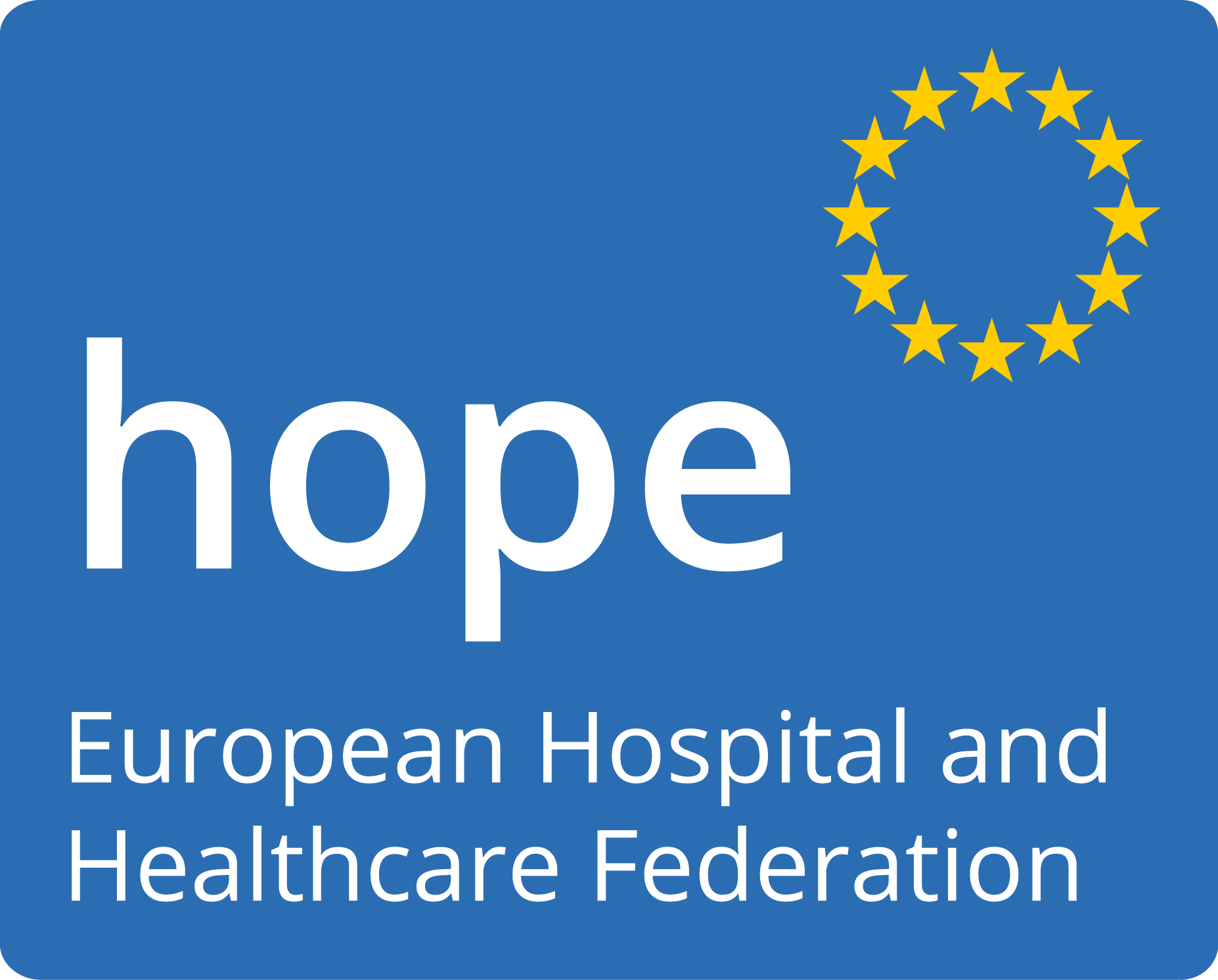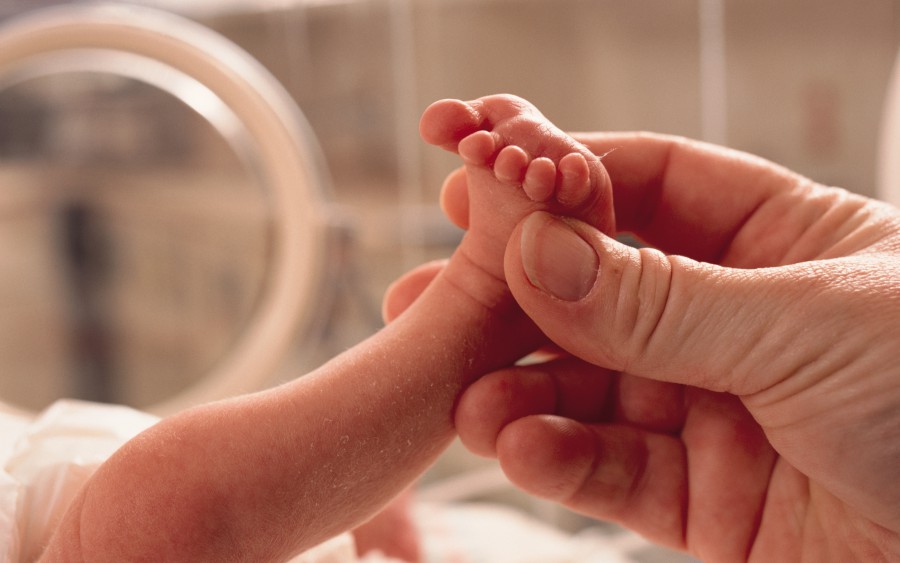Access to the adequate health care can be a challenge for vulnerable people such as unemployed or poor people, undocumented migrants, inhabitants of isolated regions, homeless, disabled people, etc. As a consequence of the economic crisis, health systems reforms were undertaken by the Member States, some of them disproportionately affecting vulnerable people and reducing access to healthcare services.
Healthcare services should not only be accessible and affordable, but also responsive. This implies services have to be tailored to the needs of people living in poverty and/or at risk of social exclusion.
This could be channelled through the improvement of mainstream services, but also through setting up special initiatives in support of people at risk of poverty and/or social exclusion, or groups already faced with specific disadvantages.
HOPE was involved in several EU co-founded projects aimed at improving healthcare services for vulnerable people such as Migrant Friendly Hospitals, a project where partners agreed to put migrant-friendly, culturally competent health care and health promotion higher on the European health policy agenda and to support other hospitals by compiling practical knowledge and instruments. HOPE was also involved in the NOWHERELAND project aimed at creating a knowledge base for providing, exchanging and developing good practice of healthcare services for undocumented migrants and IPPOCA, whose aim was to improve knowledge and practices implemented by pediatric hospital partners’ health staff in case of a suspected child victim of abuse or maltreatment.
Migrants’ Health
EU Projects
IPPOCA
Improving professional Practice On Child Abuse
NOWHERELAND
Improving Services for Undocumented Migrants in the EU
MFH
Migrant Friendly Hospitals

